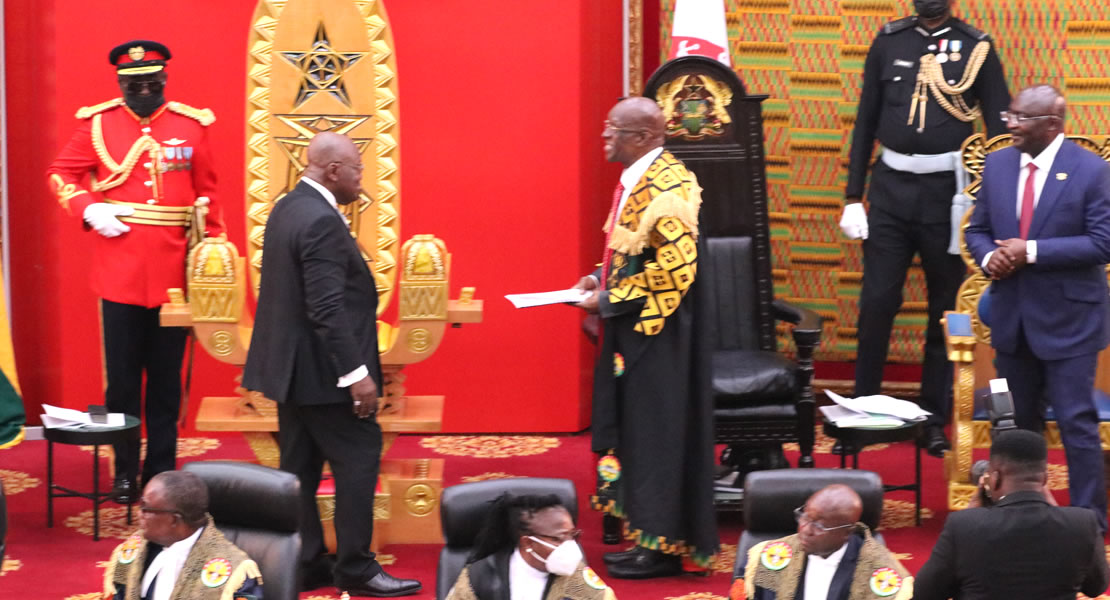The Fourth Deputy Speaker of the Economic Community of West African States (ECOWAS) Parliament, Madam Adja Satu Camara Pinto of Guinea Bissau said the tension between the Executive arm of government and the Legislature led to the president dissolving Parliament. This came up on Tuesday, June 14, 2022 when the President of the Commission, Jean Claude Kassi Brou presented a report to the plenary on state of the Community. During discussions, lawmakers wanted to know about the political situation in Guinea Bissau.
When they pointed out that they did not hear the president touching on the political situation in that country, despite the fact that they have read in the news that the President H. E. Umaro Sissoco Embalo action linked to “persistent and unresolvable differences” She pointed out to her colleagues at the plenary that between 2017 and 2018 her country had a political crisis with their parliamentary system of government; their constitution gives some powers to the Executive arm of government.
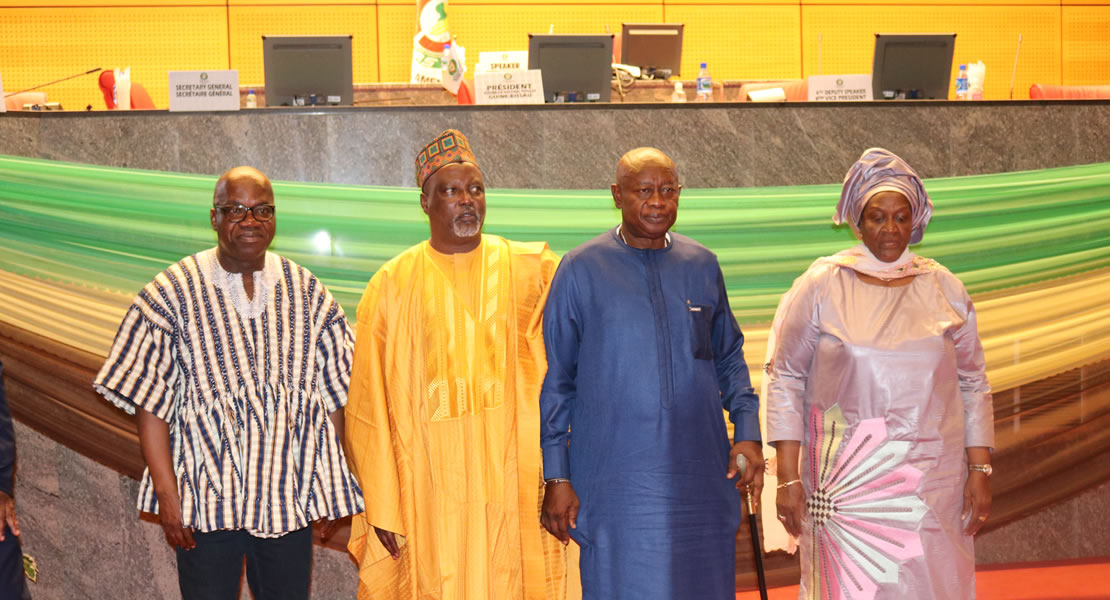 “This constitution has created a lot of problem and continues to create problem, so in 2017 and 2018 there was an impasse; the constitution says the head of the Executive should come from the Parliamentary Majority but should be appointed by the President of the Republic”. For the reason of internal politics he refused and appointed somebody else not from the parliamentary Majority without consulting them. That brought about the impasse until ECOWAS adopted several measures and eventually it was in Lome Togo that they found a consensus.
“This constitution has created a lot of problem and continues to create problem, so in 2017 and 2018 there was an impasse; the constitution says the head of the Executive should come from the Parliamentary Majority but should be appointed by the President of the Republic”. For the reason of internal politics he refused and appointed somebody else not from the parliamentary Majority without consulting them. That brought about the impasse until ECOWAS adopted several measures and eventually it was in Lome Togo that they found a consensus.
So that they could have a legislative elections what a prime Minister then accepted by the president, the Parliamentary Majority, they were in Lome Togo July 2018 and went on to Legislative elections; the result came out that the Prime Minister came out of this new Majority since this was a case of repetitive crisis, the Senate said the constitution should be reviewed. Because of the tension surrounding the whole situation, then experts were proposed by the ECOWAS commission to come and revise it, but the work of the constitution is the primarily business of the country.
The experts went into Guinea Bissau and did their work but there was the need for a truce between the Executive and the Legislature, and this debate has been on going for some time; and pointed out that the above was not the only reason. “We have invested a lot to ensure that there was election in 2018, so that things can come back to normal. we wanted to find solutions to these problems which would be acceptable to the people of Guinea after all it is their country”. And the election is supposed to take place at the end of the year, up to about six months they have to support so that the election takes place under good conditions in other that the country does not go through this difficult political situation in the future.
Also as a member of the ECOWAS Parliament, she know there was a question to the president of the Commission and want to thank him for the report he gave on the situation in the Community, we are satisfied with the clarification. “Our constitution says at the dissolution of the National Assembly, the Bureau and standing Committees continue to work until a new Parliament is elected and it is after only they have been elected that the bureau and the standing committees stop working. We have been dissolved but it’s only the plenary that would not function”, she stated.
Kwaku Sakyi-Danso/Ghanamps.com/Abuja-Nigeria
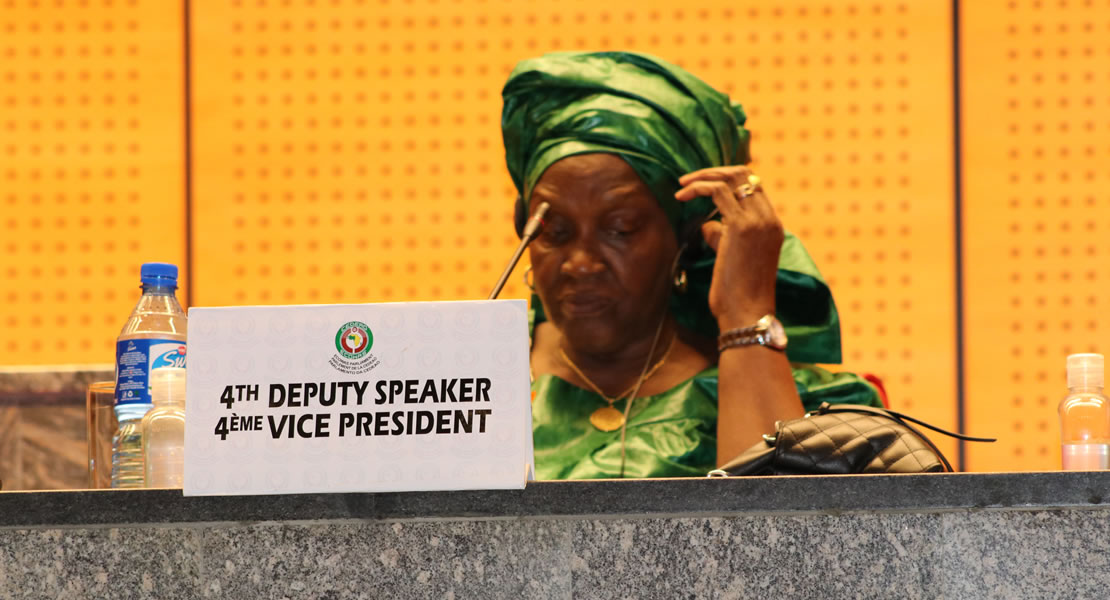
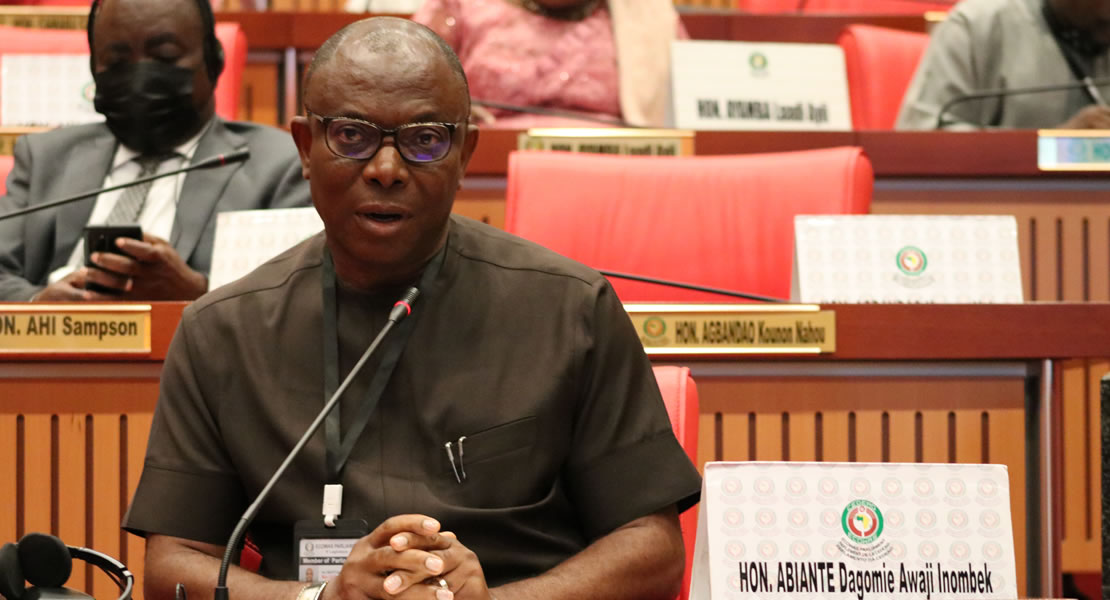
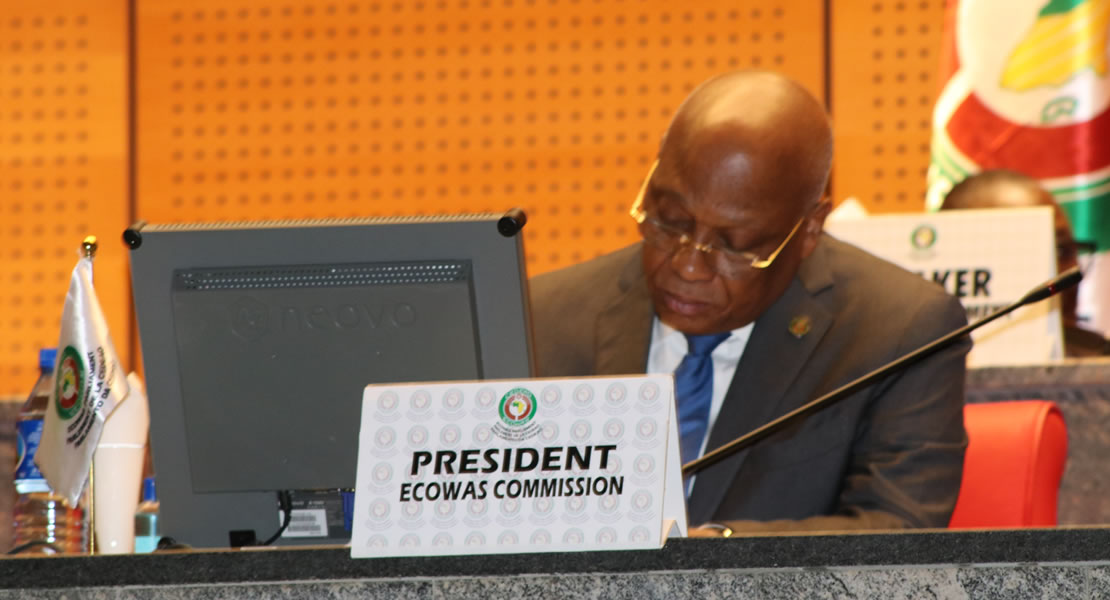 As to whether when MPs are elected, it would enable them have time to do the kind of interrogation he alluded to, he noted that before the election of ECOWAS MPs there are questions that should be answered. “ How do you draw the limitation to the constituencies, how do you answer the question of sovereignty, how do you implement some of the laws and legislations and opinions that you raise, how do you enforce it on member states; until these questions are properly answered it would be a chase for tomorrow”.
As to whether when MPs are elected, it would enable them have time to do the kind of interrogation he alluded to, he noted that before the election of ECOWAS MPs there are questions that should be answered. “ How do you draw the limitation to the constituencies, how do you answer the question of sovereignty, how do you implement some of the laws and legislations and opinions that you raise, how do you enforce it on member states; until these questions are properly answered it would be a chase for tomorrow”.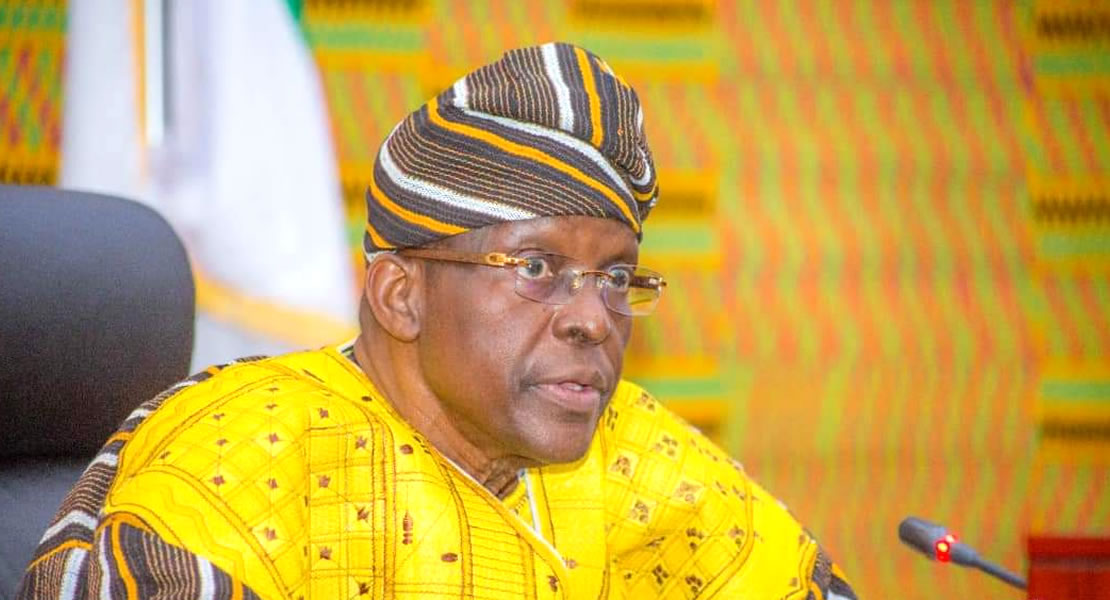
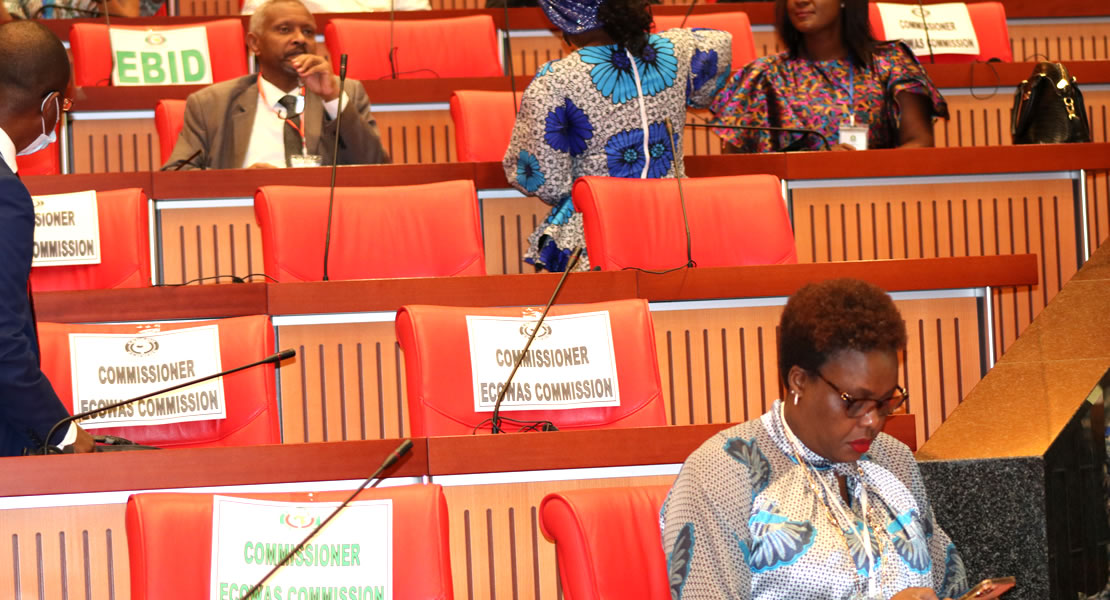
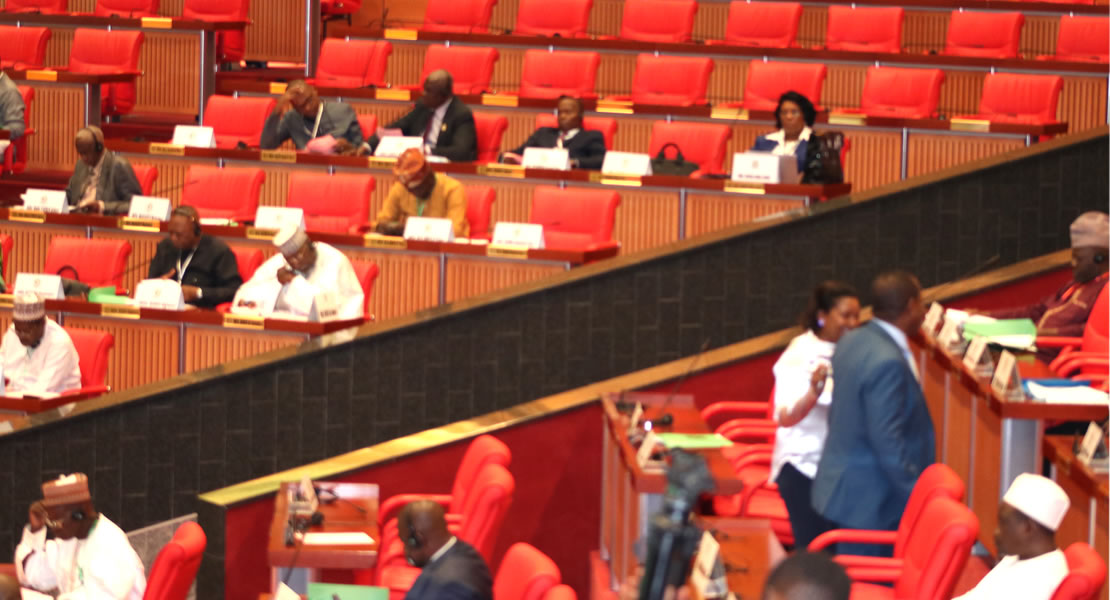 “We would get to the point in the future where, we have an elected body that is not accountable to anybody, you are not afraid when you are going back home if your parliament is going to change you or not because you are not from the ruling party”, he lamented.
“We would get to the point in the future where, we have an elected body that is not accountable to anybody, you are not afraid when you are going back home if your parliament is going to change you or not because you are not from the ruling party”, he lamented.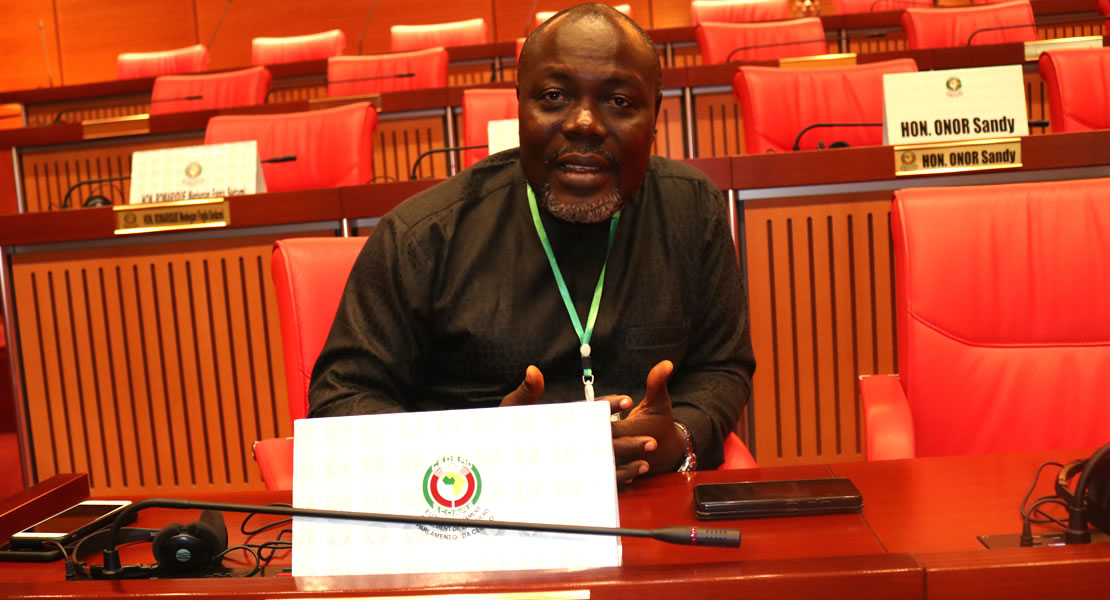
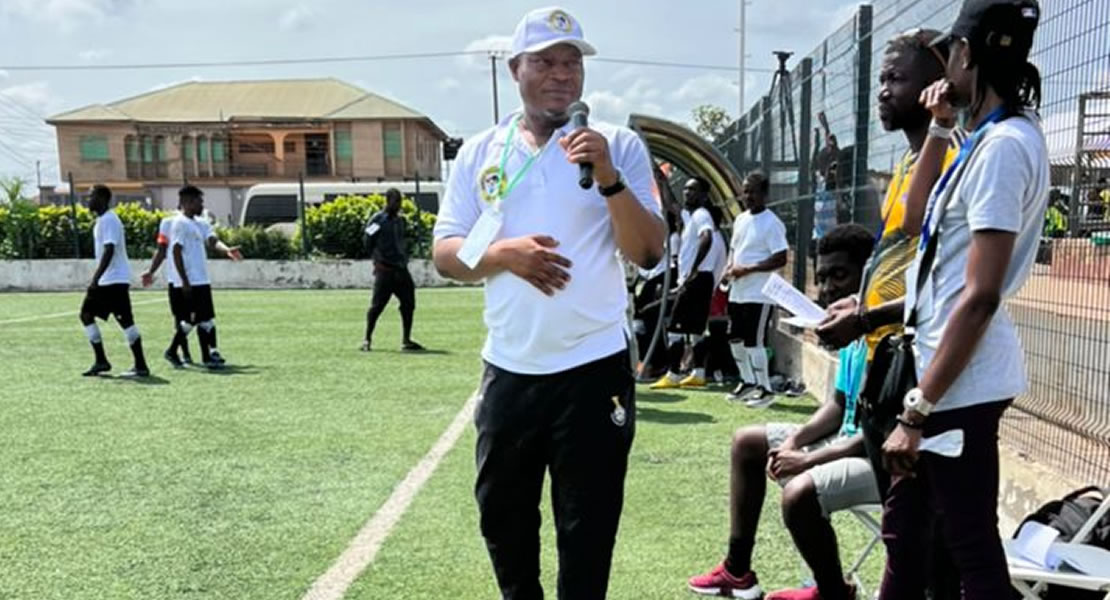
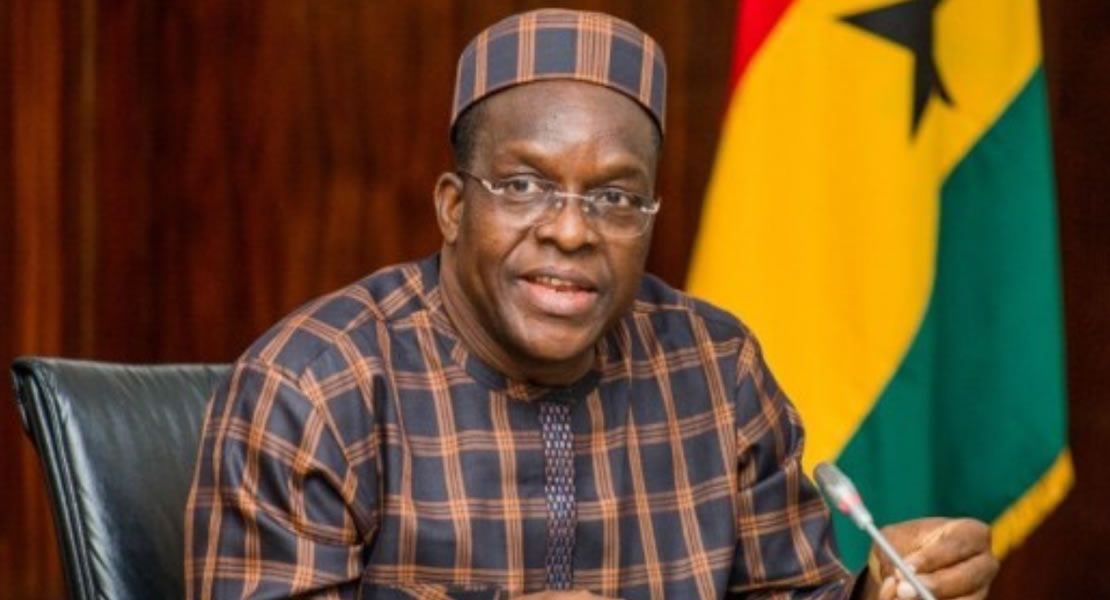
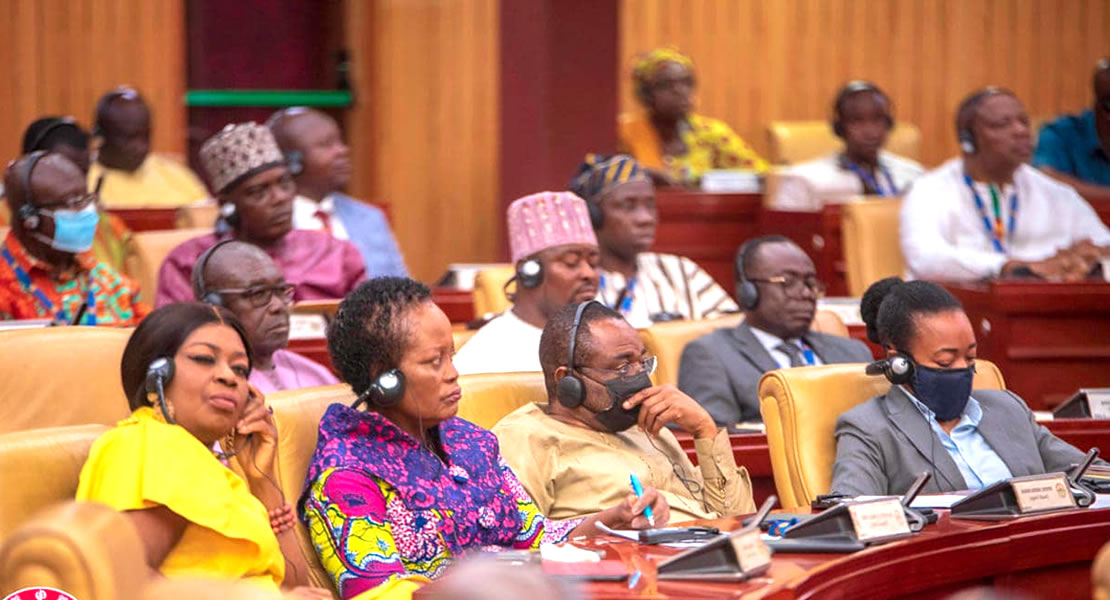 Law-makers have become providers of roads, schools, hospitals and other social amenities.
Law-makers have become providers of roads, schools, hospitals and other social amenities.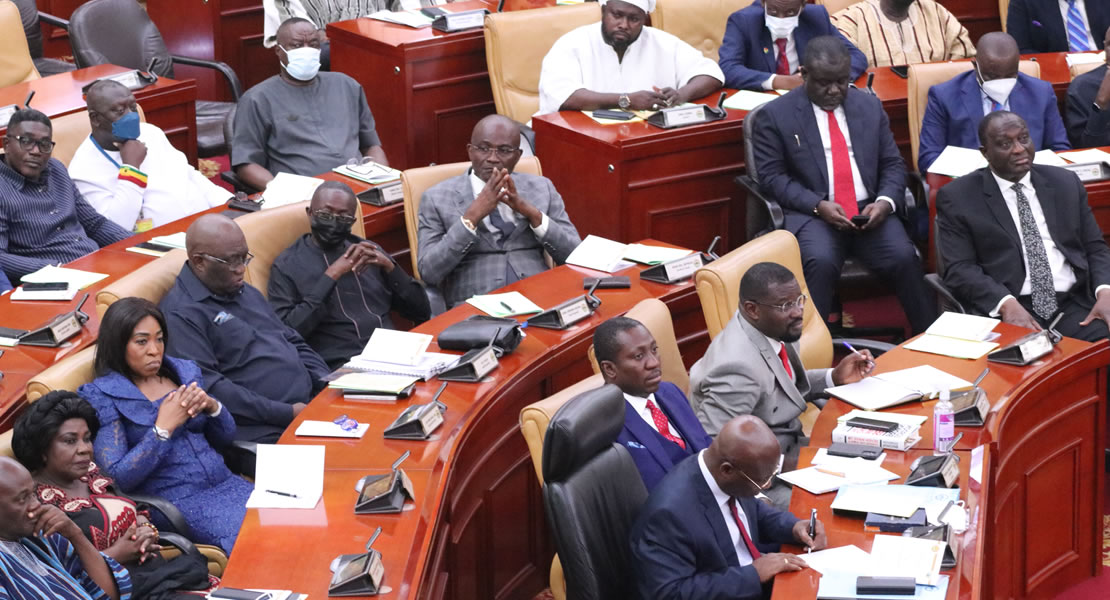 Today, he still pays his loans plus huge interest. The ex-gratia got exhausted because of the loans he had to settle to his creditors.
Today, he still pays his loans plus huge interest. The ex-gratia got exhausted because of the loans he had to settle to his creditors.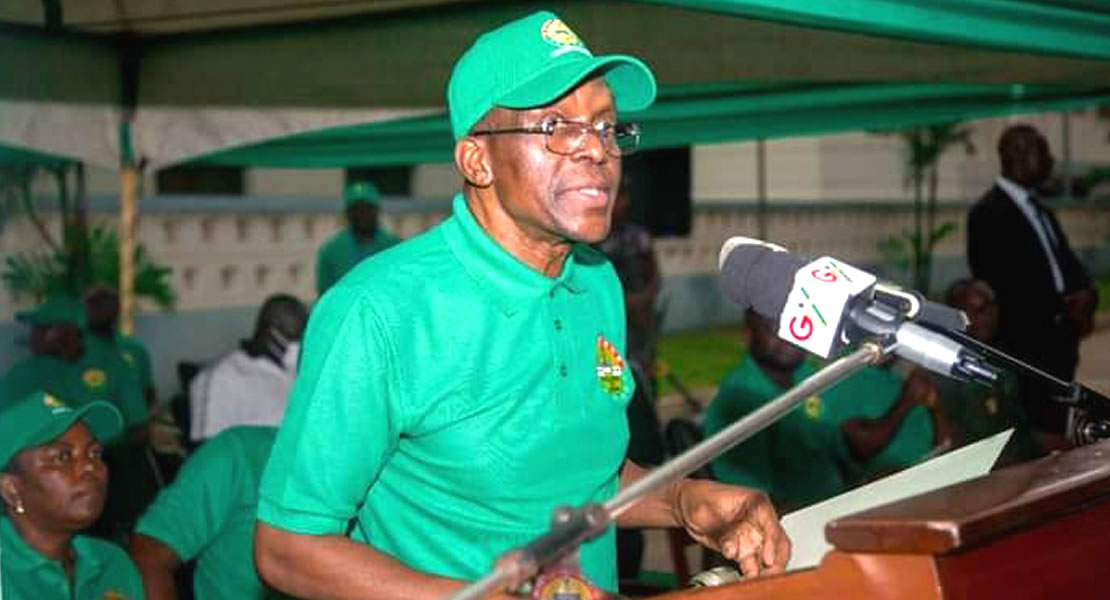
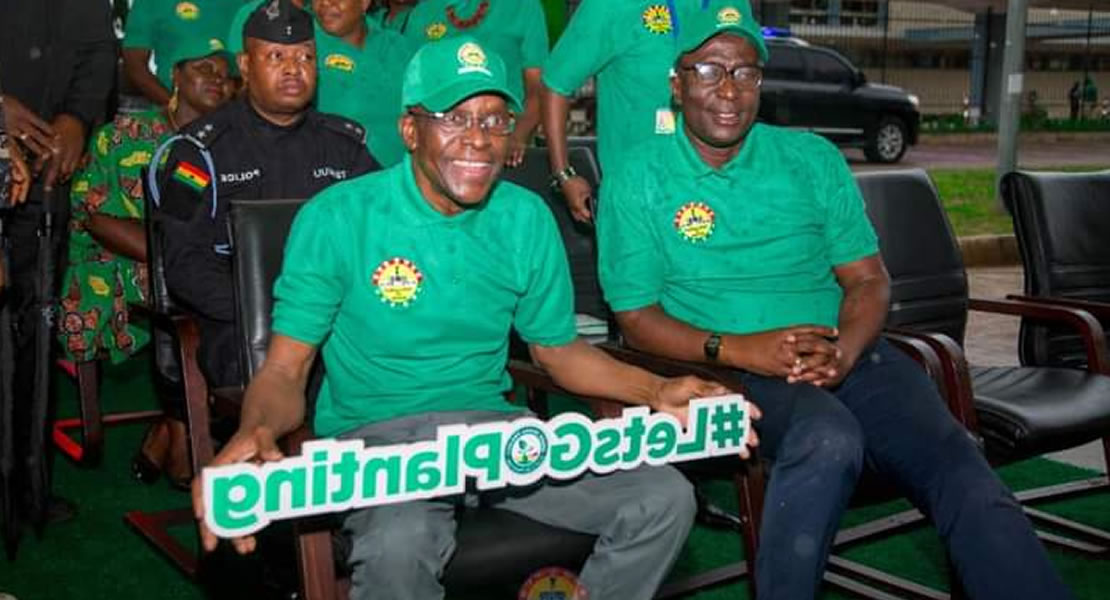 “Climate change is such a huge issue that it requires a strong, concerted, consistent and enduring action by governments”, so says the Australian musician, Peter Garrett. Indeed, these require strong partnerships to forestall the destruction occasioned by environmental degradation”.
“Climate change is such a huge issue that it requires a strong, concerted, consistent and enduring action by governments”, so says the Australian musician, Peter Garrett. Indeed, these require strong partnerships to forestall the destruction occasioned by environmental degradation”.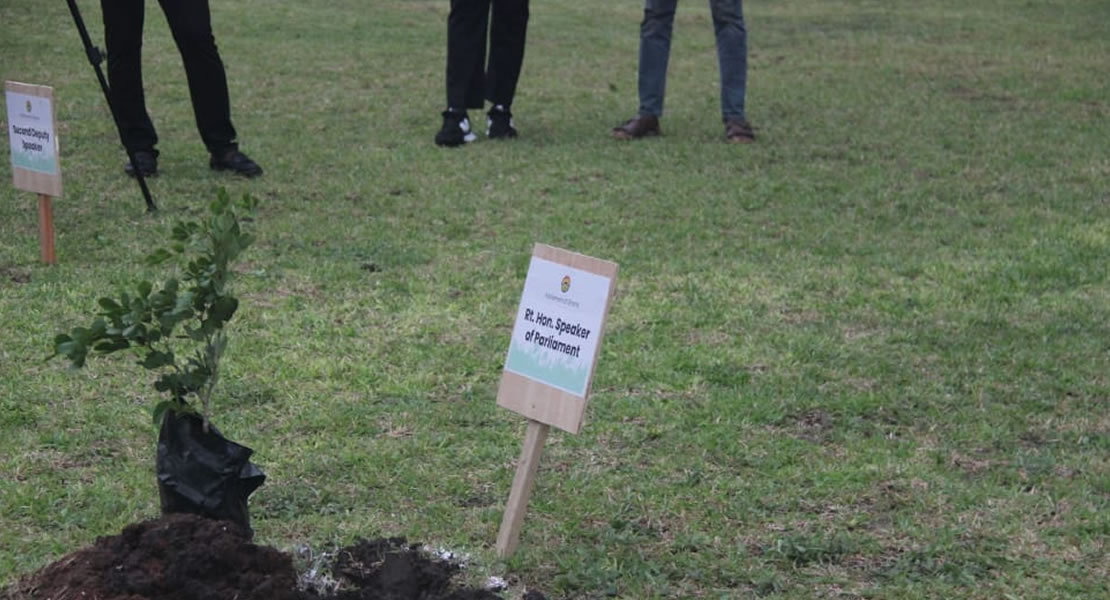 According to him speeches like the one he is delivering are the least important, particularly in a situation in which when we look to the south, the sea is rising around us all the time.
According to him speeches like the one he is delivering are the least important, particularly in a situation in which when we look to the south, the sea is rising around us all the time.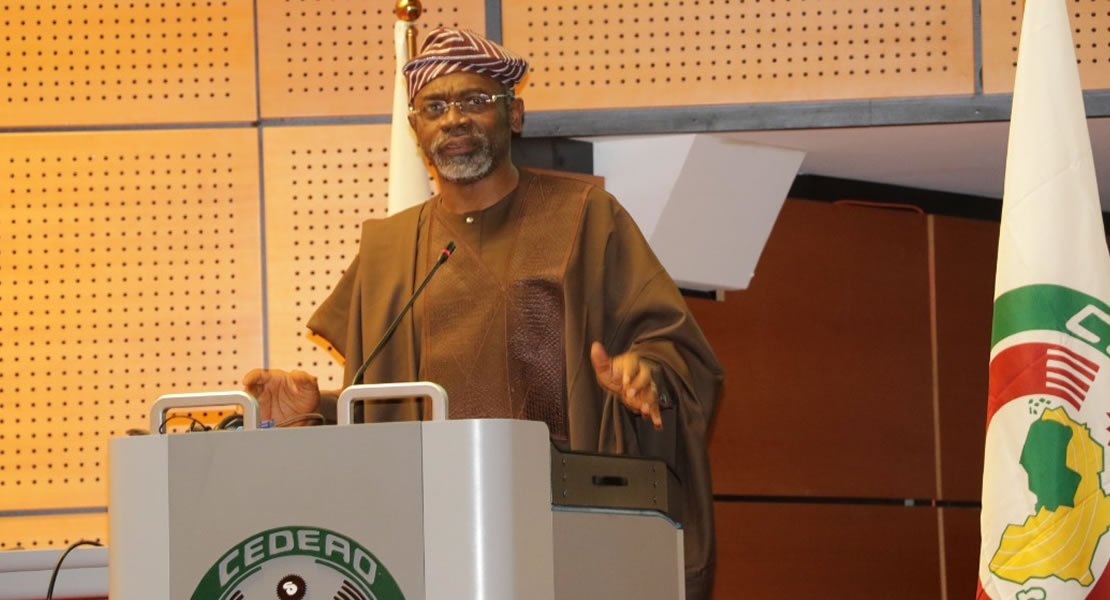
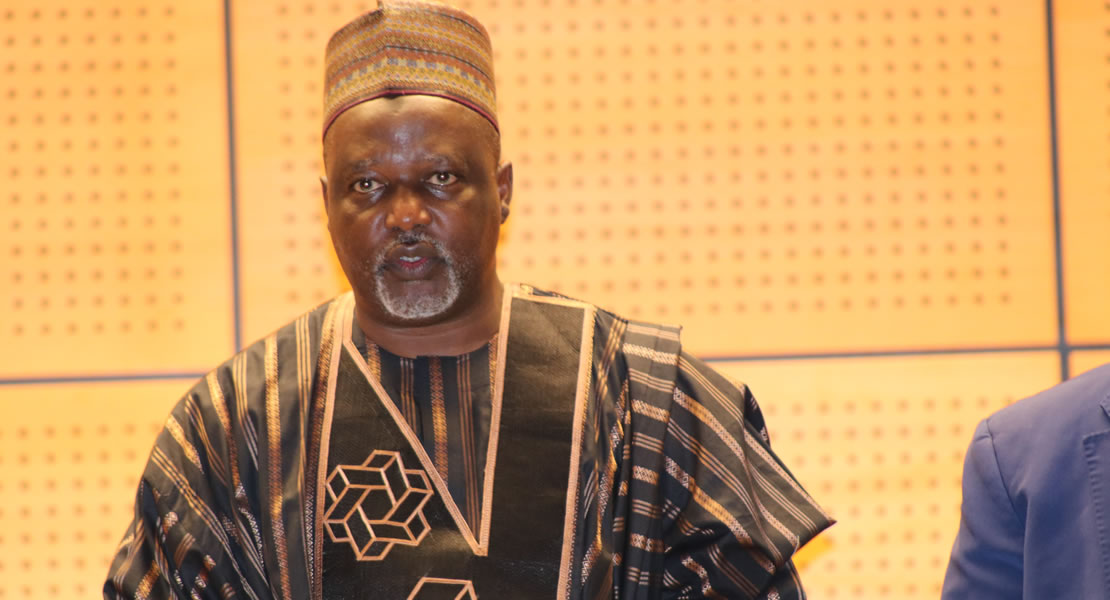
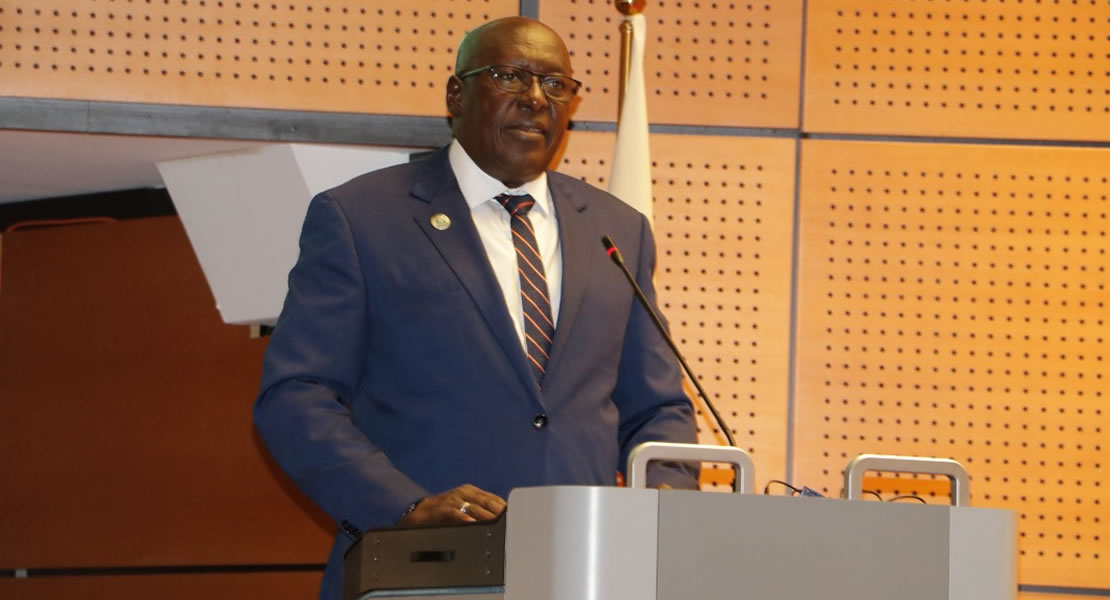
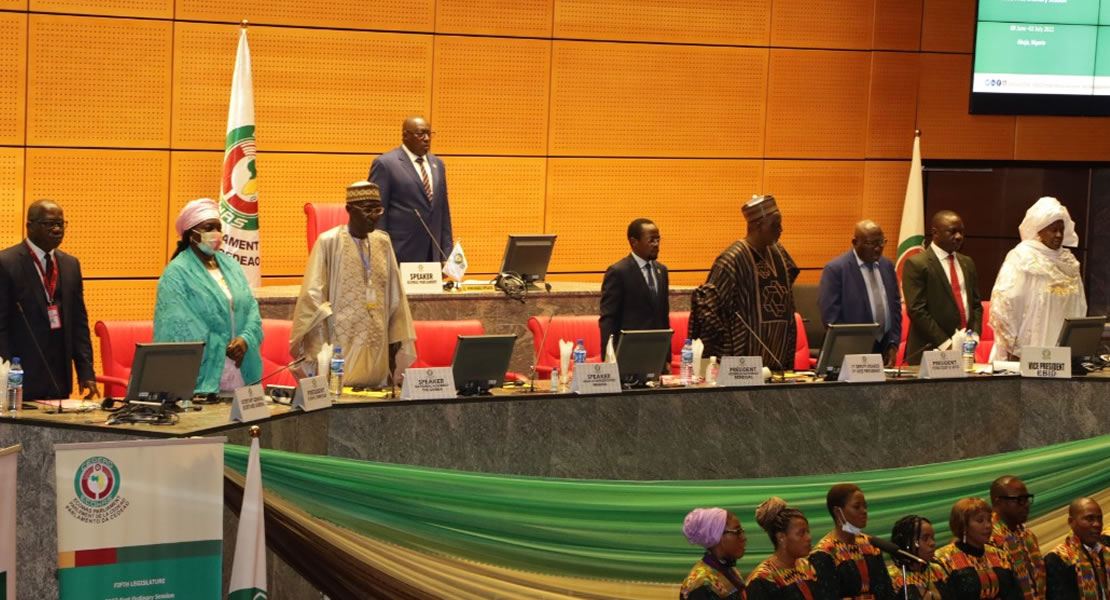 The Rt. Honourable Speaker disclosed that in fulfillment of their responsibility, the session will be dedicated to the following: “a. Presentation by the President of the ECOWAS Commission on the Implementation of the Community Work Programme; b. Presentation of Country Reports by National Delegations; c. Consideration of a number of Referrals by the Plenary and the responsible standing Committees; d. Presentation to the plenary by some of our Partners on issues of relevance to the Community; e. Plenary Debates and other agenda items”.
The Rt. Honourable Speaker disclosed that in fulfillment of their responsibility, the session will be dedicated to the following: “a. Presentation by the President of the ECOWAS Commission on the Implementation of the Community Work Programme; b. Presentation of Country Reports by National Delegations; c. Consideration of a number of Referrals by the Plenary and the responsible standing Committees; d. Presentation to the plenary by some of our Partners on issues of relevance to the Community; e. Plenary Debates and other agenda items”.